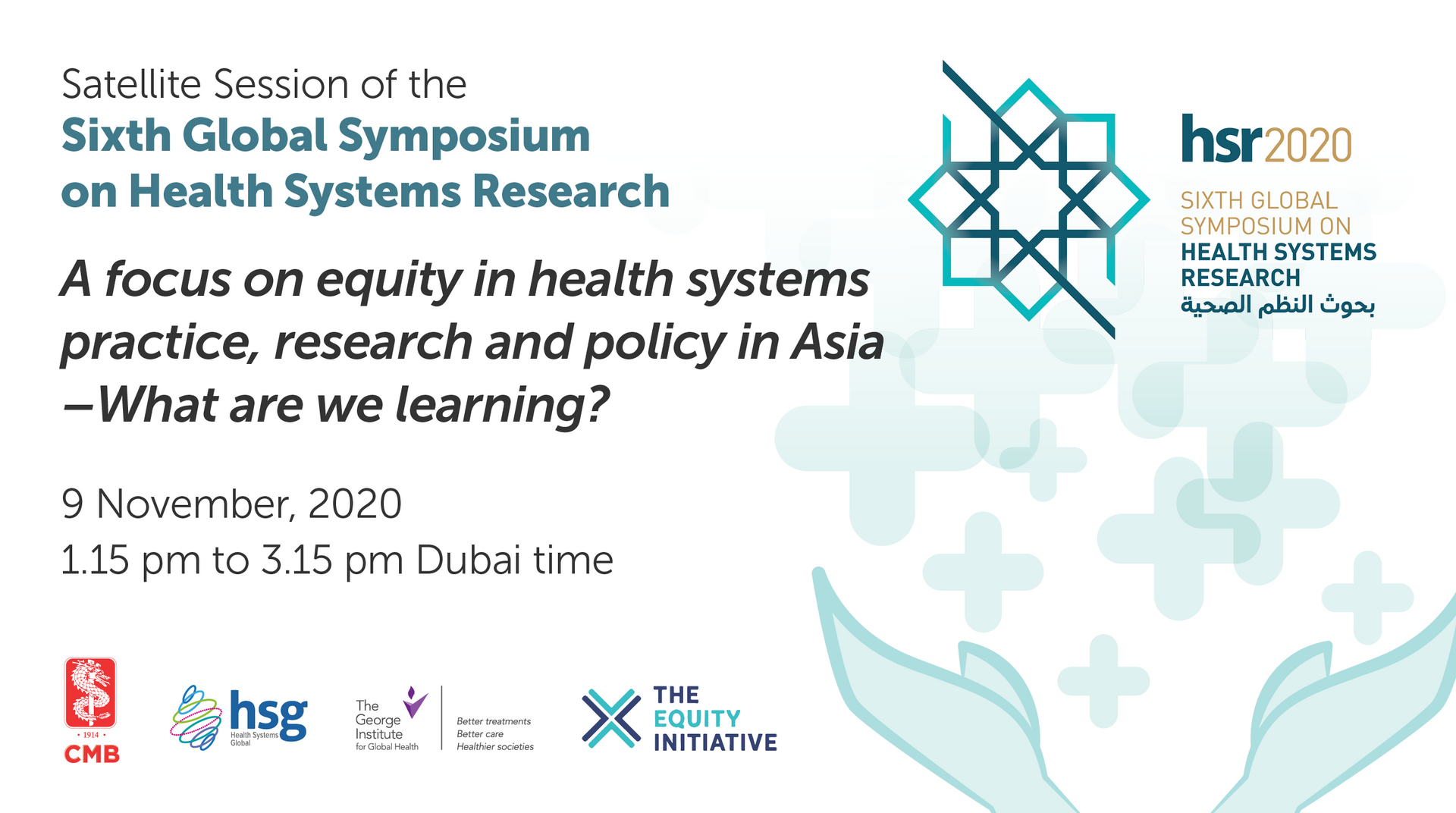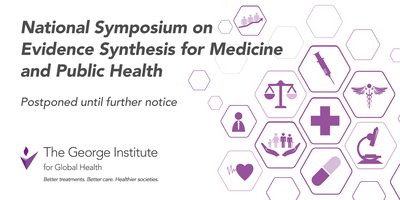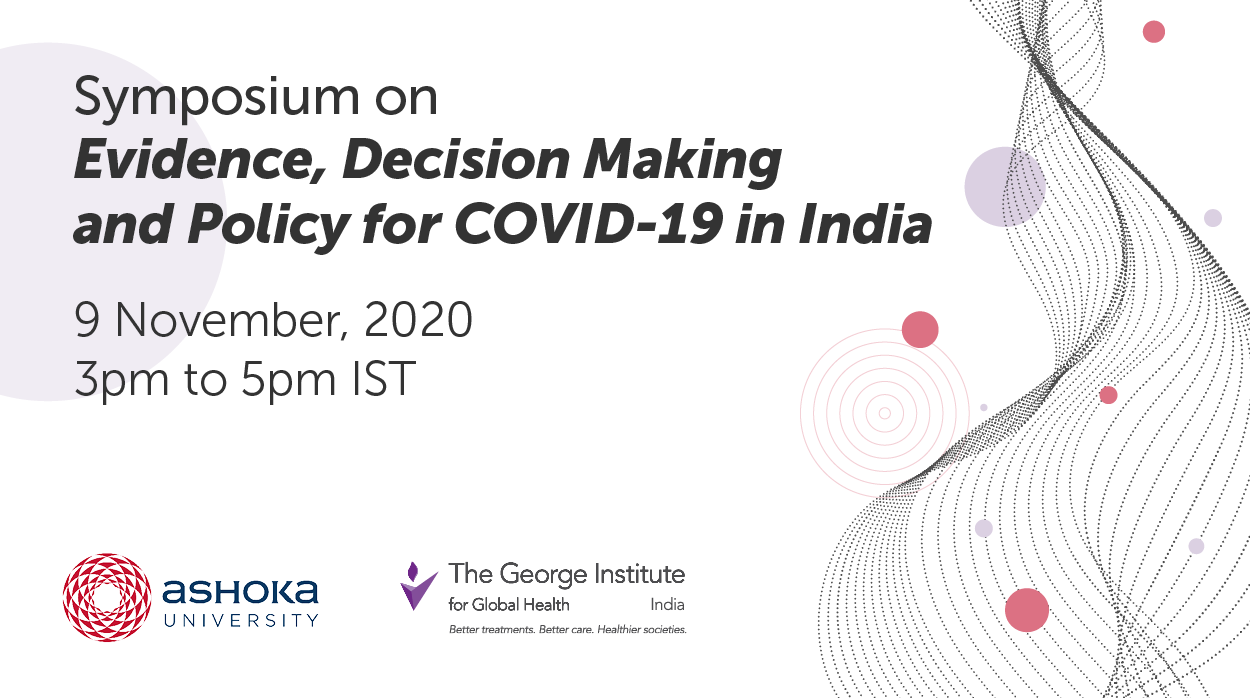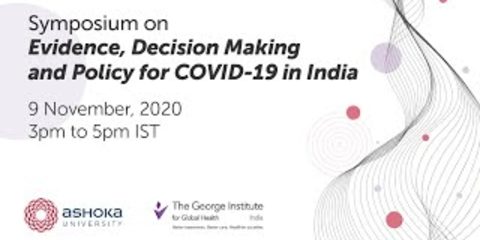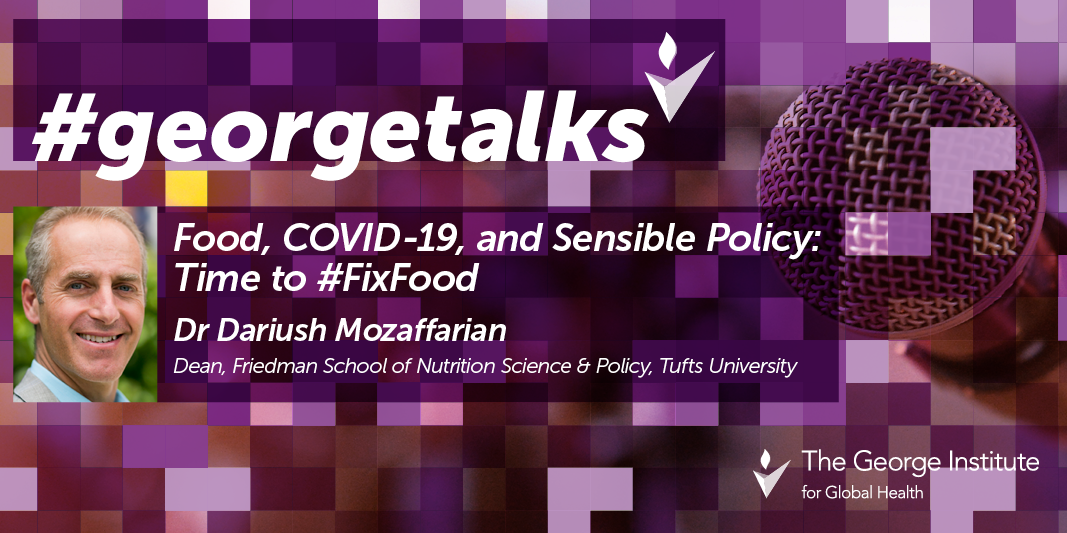A new report has highlighted the scale of health problems in Australia caused by poor diet and overweight. Obesity is strongly linked to a greater risk of death and disability from COVID-19 and these new data highlight how vulnerable the nation is to a second wave or to future pandemics.
The Global Burden of Disease Study (GBD), published today in The Lancet, analysed 286 causes of death, 369 diseases and injuries, and 87 risk factors in 204 countries and territories in 2019, before COVID-19 hit.
The report showed that Australia’s five leading causes of death in 2019 were:
- high systolic blood pressure (contributing to an estimated 25,500 deaths),
- dietary risks (21,600 deaths),
- tobacco use (20,100),
- overweight and obesity (18,700), and
- high blood sugar (diabetes) (17,700).
Executive Director of The George Institute Professor Bruce Neal said the findings should serve as a wake-up call for long overdue action to stem the tide of chronic disease in Australia.
“Australians are eating too much processed food high in salt, sugar and harmful fats which is fuelling already high rates of obesity, high blood pressure and diabetes – conditions known to greatly increase the risk of serious complications from COVID-19.”
“We have done far better with COVID-19 than most other countries but many Australians will be at considerably increased risk of a poor outcome if there is a future outbreak. Addressing obesity and other chronic conditions caused by poor diet is more important than ever before.”
While the study showed that Australians are living longer, it suggested that these additional years may be marred by poor health, most commonly from heart disease.
Australia is one of 11 countries where more than half of all health loss (measured by disability-adjusted life-years or DALYs) is now due to disability caused by non-communicable diseases and injuries.
“We’ve long been calling for greater investment in public health to shift this alarming trajectory but we need to see real action from government and the food industry to improve the quality of the food supply,” said Prof Neal.
“The last decade has been one of missed opportunities and thousands of Australians have died prematurely as a direct consequence of this inaction. Hundreds of thousands more are now suffering from conditions like diabetes and high blood pressure that could have been avoided if government took action to discourage consumption of unhealthy foods.”
“We look forward to the finalisation and implementation of the National Preventive Health Strategy and the National Obesity Strategy in coming months.”
“The human and financial costs of not addressing these issues are already unacceptably high. In the context of a future pandemic they may be far worse,” he added.






